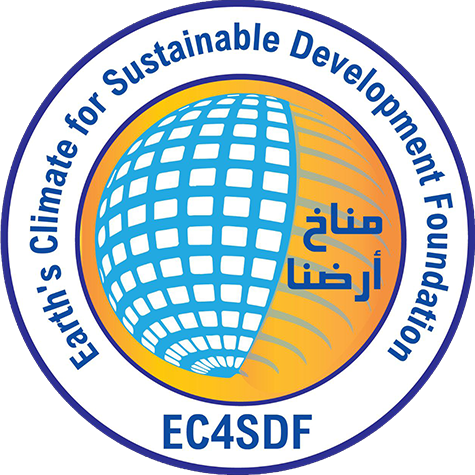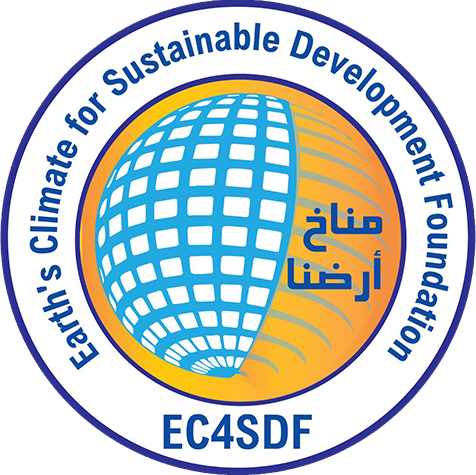EC4SDF's Transformative Programs for Sustainable Development
Guided by our core pillars—Inform, Consult, Involve, Collaborate, and Empower (2ICE)—and strengthened by a Theory of Change (TOC) approach, EC4SDF’s programs are designed to empower women, youth, children, indigenous populations, and rural communities to address climate challenges and advance the Sustainable Development Goals (SDGs). Each program integrates cross-cutting themes, including public awareness, education, advocacy, and technology, to ensure a holistic, measurable approach that fosters community resilience, inclusivity, and sustainable impact.
(AMAL)
Women’s Empowerment Program
This program focuses on empowering women as central agents in achieving climate resilience and sustainable development. Through education, renewable energy training, and vocational skill-building such as handcrafts and arts, the program aims to enhance women's capabilities, enabling them to lead environmental initiatives and contribute to green job creation. Gender equality is a foundational element of this program, ensuring women's voices and contributions are integral to sustainability efforts.
(SOBIAN WE BANAT)
Youth Leadership Program
This program is designed for Generation Alpha, fostering early environmental awareness and responsibility. Through interactive education, outdoor activities, and art-based learning experiences, the program instills sustainability values and prepares children to become proactive guardians of the environment. It also empowers them to address climate challenges and their impacts effectively in the future.
(GEMEZA)
Children’s Environmental Stewardship Program
Rural and Local Communities Program
This program addresses the unique needs of smallholder farmers, fishermen, and rural and nomadic communities directly affected by climate change. It provides training in sustainable agriculture, water and soil management, eco-friendly technologies, and recycling practices. The program supports these communities in building adaptive capacities and achieving sustainable livelihoods. Additionally, it promotes inclusivity by advocating for the rights of local communities and encouraging sustainable practices.
Climate Action Program for Professional
This program targets professionals such as engineers, doctors, agronomists, lawyers, accountants, and applied practitioners. It aims to equip them with the skills needed to integrate climate action within their fields. The program includes:
•Training and Certifications: Providing professionals with advanced skills in sustainable practices, whether within workplaces—such as resource efficiency and carbon footprint calculations—or externally, through projects in renewable energy applications, smart agriculture, afforestation, and carbon trading.
•Collaborative Networks: Establishing interdisciplinary platforms for knowledge exchange and innovation in climate projects.
•Applied Research and Innovation: Supporting sectoral research and developing scalable, practical solutions.
•Advocacy and Awareness: Mobilizing professionals to influence industry standards and policies for sustainability and climate action.
Institutional Sustainability Program
This program is designed to assist government entities, private sector organizations, and NGOs in integrating sustainability and climate change adaptation into their operations and strategies. It includes: Auditing and Planning: Helping institutions assess their environmental impact and adopt green practices. Capacity Building: Offering specialized training programs to enhance employees' understanding of sustainability and climate action. Cross-Sector Collaboration: Strengthening cooperation among institutions to implement effective climate projects, such as mitigating carbon footprints across supply chains. Policy Advocacy and Implementation: Supporting institutions in developing and implementing sustainability and climate action policies aligned with global Sustainable Development Goals (SDGs) for 2030, national strategies, and protective measures like the European Union's Carbon Border Adjustment Mechanism (CВАМ).

